The Little Tea Book
An incredible tribute to tea and its origins. Includes: The Origin Of Tea Little Cups Of Chinese And Japanese Tea Some English Tea History Tea Leaves Wit, Wisdom, And Humor Of Tea Tea Making And Taking In Japan And China Tea-drinking In Other Lands Ladies, Literature, And Tea Earliest Mention Of Tea Australian Tea Five-o’clock
An incredible tribute to tea and its origins. Includes:
The Origin Of Tea
Little Cups Of Chinese And Japanese Tea
Some English Tea History
Tea Leaves
Wit, Wisdom, And Humor Of Tea
Tea Making And Taking In Japan And China
Tea-drinking In Other Lands
Ladies, Literature, And Tea
Earliest Mention Of Tea
Australian Tea
Five-o’clock Tea
Tea In Ladies’ Novels
Through a compilation of stories, this charming and illustrious 1903 volume traces the history, culture, and manners that tea, and the ceremonies surrounding tea, have inspired in various parts of the world.
“Matrons who toss the cup, and see The grounds of Fate in grounds of tea.” —Churchill
“Darma, third son of Koyuwo, King of India, a religions high priest from Siaka (the author of that Eastern paganism about a thousand years before the Christian era), coming to China, to teach the way of happiness, lived a most austere life, passing his days in continual mortification, and retiring by night to solitudes, in which he fed only upon the leaves of trees and other vegetable productions. After several years passed in this manner, in fasting and watching, it happened that, contrary to his vows, the pious Darma fell asleep! When he awoke, he was so much enraged at himself, that, to prevent the offence to his vows for the future, he got rid of his eyelids and placed them on the ground. On the following day, returning to his accustomed devotions, he beheld, with amazement, springing up from his eyelids, two small shrubs of an unusual appearance, such as he had never before seen, and of whose qualities he was, of course, entirely ignorant. The saint, however, not being wholly devoid of curiosity—or, perhaps, being unusually hungry—was prompted to eat of the leaves, and immediately felt within him a wonderful elevation of mind, and a vehement desire of divine contemplation, with which he acquainted his disciples, who were eager to follow the example of their instructor, and they readily received into common use the fragrant plant which has been the theme of so many poetical and literary pens in succeeding ages.”
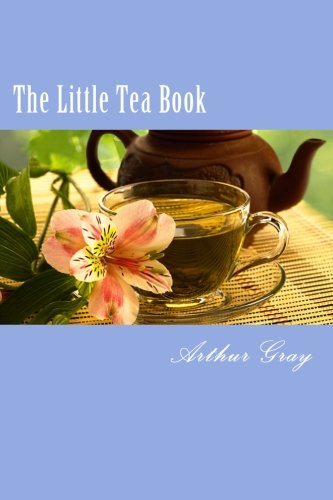
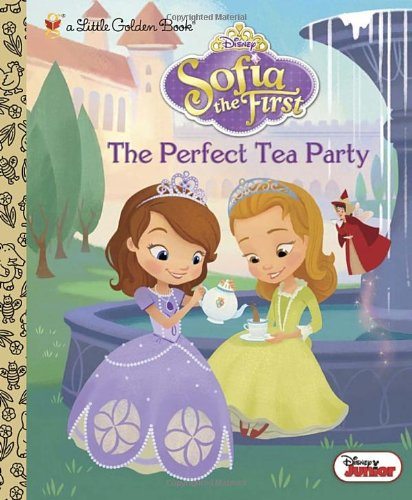
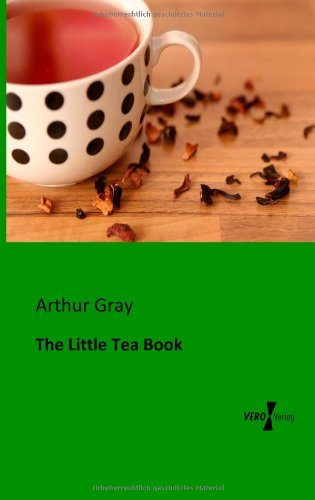
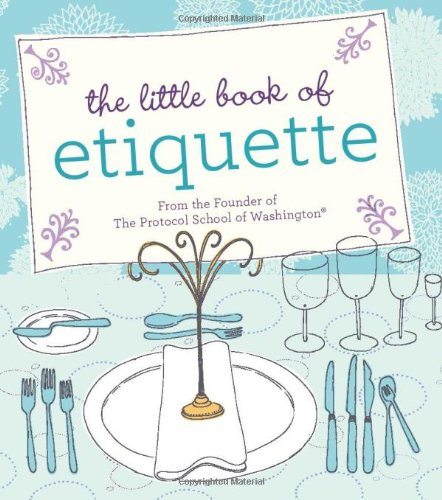
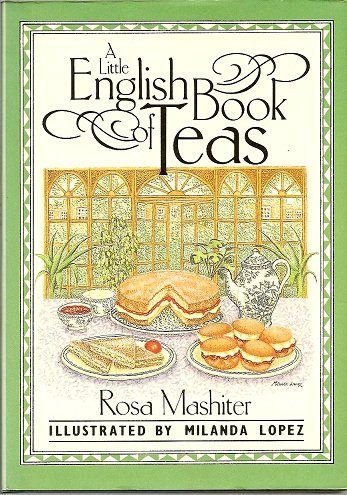

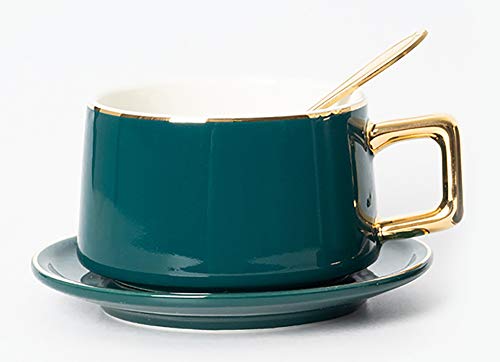




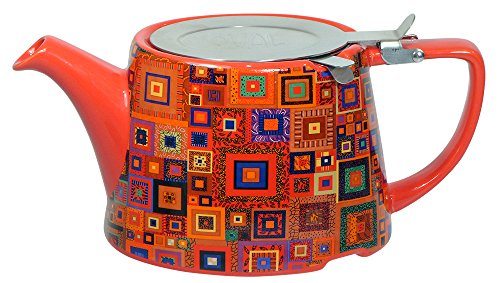
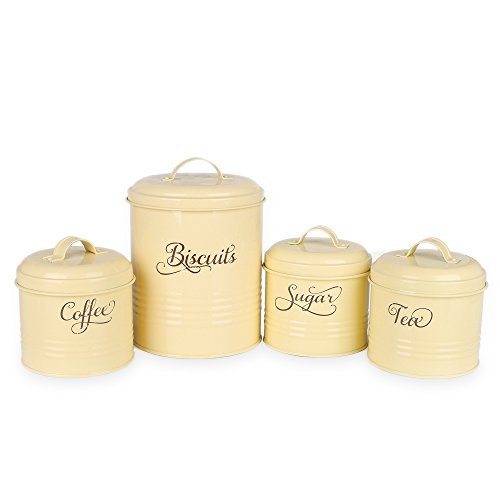


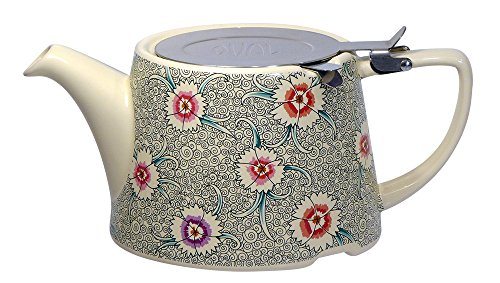

The Tempest in Tea Cup I haphazardly discovered this book when I had undertaken the task of better acquainting myself with tea. Totally ignorant, I opened the book half expecting to find dry writing on types of tea leaves. Instead I discovered something deeply beautiful. This book does indeed teach the history of tea and its preparation, but it also provides an eloquent introduction to Teaism and other aspects of Japanese culture. Okakura wavers most delicately between prose and poetry, between the educational…
Philosophy of Tea This books is a quick and informative introduction to the philosophy underpinnig “Teaism”. The book outlines how tea masters tried to live their lives according to the simple grace of the Japanese tea ceremony.For those looking for detailed instructions on conducting a tea ceremony, look elsewhere. But for those who want a handbook on a way of life, read further
The Tao of Tea Kakuzo Okakura (1862-1919) was born in a Japan that had seen Commodore Perry but had not yet renounced the Shogunate. By the end of his life he had seen the Great War and Japan’s first imperialistic military adventures in Korea and Manchuria that would culminate in the tragedy of the Second World War.